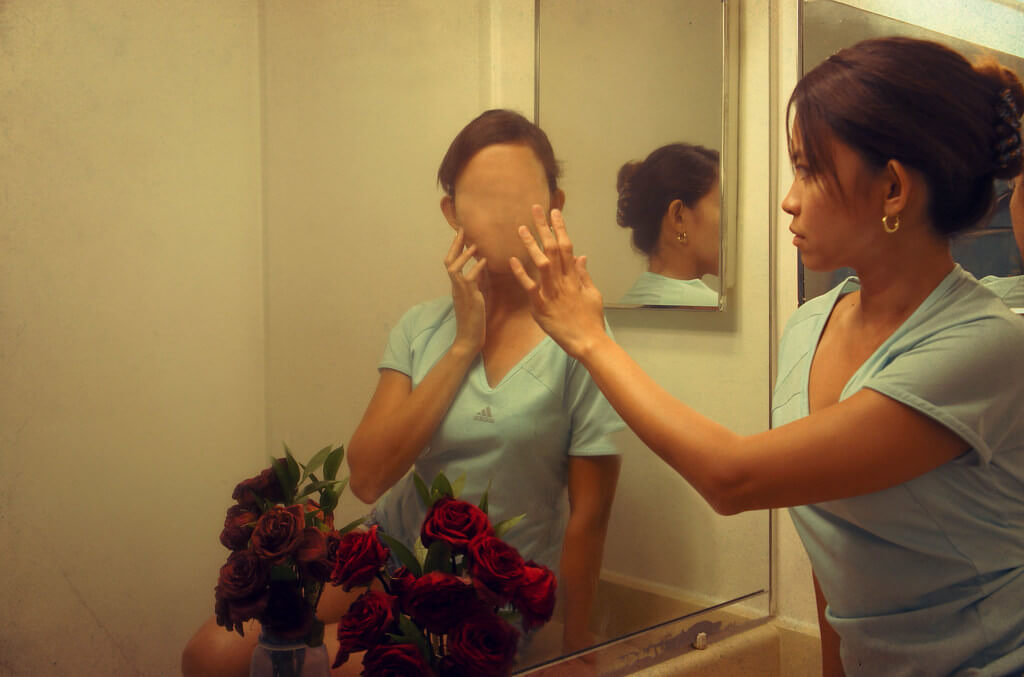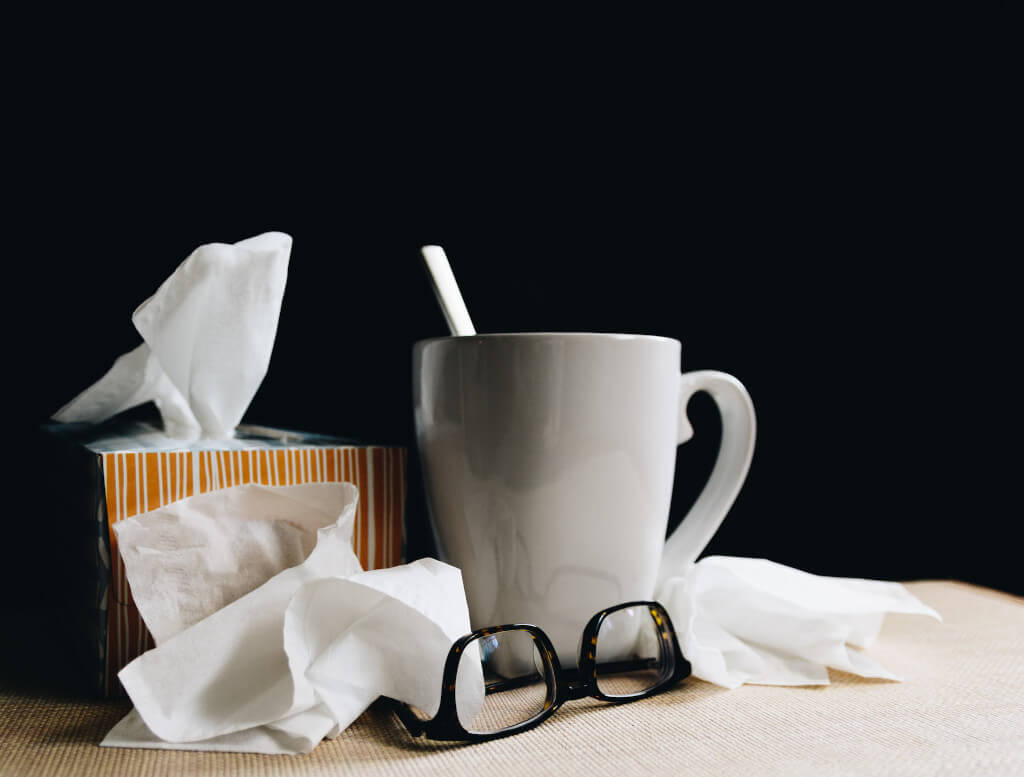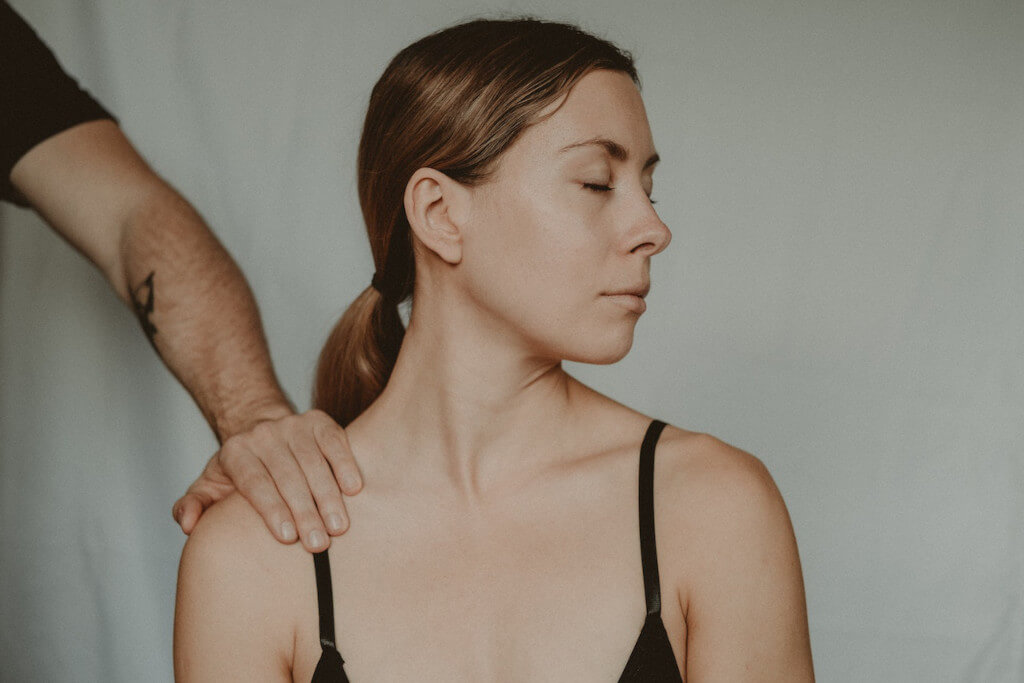Stress and anxiety are common conditions that affect a lot of people. They may experience symptoms such as anxiousness, irritability, tension, chest pain, and a rapid heartbeat. One of the most widespread problems in terms of mental health is anxiety. Over 19% of adults in South Africa experience some form of anxiety disorder every year.
An additional medical problem, such as an overactive thyroid, can in some people be the root cause of an anxiety disorder. A person can ensure that they will receive the most effective treatment possible by obtaining a correct diagnosis. Discover a wide variety of natural and DIY treatments that can help alleviate the negative effects of stress and anxiety by reading this article.
Treatments Derived From Natural Ingredients for Stress and Anxiety
In most cases, the use of homeopathic cures is risk-free when combined with more traditional medical treatments. However, changes to one’s diet and the use of certain natural supplements can affect how well anti-anxiety medicines work; therefore, it is imperative to speak with a medical professional before attempting any of these solutions. The medical professional might also be able to suggest other all-natural treatments.

Exercise
According to several studies, regular exercise can help reduce the symptoms of anxiety. Research to date is limited, but what is available suggests that high-intensity workouts may be more beneficial than low-intensity routines. The anxiety that is brought on by stressful situations may also be alleviated by exercise. For instance, the findings of a study that was conducted in 2016 suggest that people who are anxious about giving up smoking may benefit from exercise.
Meditation
Because it helps to slow down one’s racing thoughts, meditation can make it easier to deal with stressful and anxious feelings. There are many different kinds of meditation, and some of them, like mindfulness and meditation while doing yoga, could be helpful.
Stress Relief Relaxation Techniques
As a reflexive response to anxiety, some individuals tense their muscles without even realizing it. The tension and stress can both be alleviated and reduced with the help of some progressive relaxation techniques.
Keeping a Journal
Finding an outlet for one’s anxious feelings can help the experience of anxiety feel more controllable. There is evidence from some studies to suggest that writing in a journal or engaging in other forms of writing can help people deal with anxiety more effectively. For instance, a study conducted in 2018 discovered that writing about one’s feelings in a journal may help alleviate mental anguish and improve one’s overall well-being.
Methods to Manage Your Time Better
When they have too many things to commit to at once, certain people experience feelings of anxiety. These might include things like spending time with family or working on improving your health. Having a strategy in place for the subsequent step that needs to be taken is one way to help keep this anxiety at bay. People may find that employing effective strategies for managing their time helps them feel less anxious. Some people find that if they break down large projects into more manageable steps, it helps them to complete the tasks at hand with significantly less anxiety.
Aromatherapy in General
The inhalation of the calming aroma of plant essential oils can assist in alleviating feelings of stress and anxiety. Dabbling with a variety of different odors, since different people have different responses to different scents, is a good idea. There is some preliminary evidence to suggest that lavender may be particularly useful in the treatment of anxiety disorders.
Cannabidiol Oil
Cannabidiol, more commonly known as CBD oil, is derived from the cannabis plant. CBD oil, in contrast to other forms of cannabis, doesn’t contain tetrahydrocannabinol, also known as THC, which is the component of cannabis responsible for the psychoactive effects associated with the drug. There is not enough evidence to either confirm or refute the possibility that CBD oil has medicinal benefits for the treatment of anxiety.
CBD oil is easily accessible and does not require a prescription to purchase from the majority of alternative medicine stores. Doctors can recommend cannabis oil to patients in states and jurisdictions that have legalized medical marijuana.
Herbal Teas
There are a lot of herbal teas out there that claim to help with anxiety and make it easier to sleep. The act of preparing and drinking tea can be relaxing for some people, but certain types of tea may have a more immediate effect on the brain, resulting in a decrease in anxious feelings. The findings of a single, limited study conducted in 2018 indicate that chamomile can influence cortisol levels, which is a stress hormone.
Herbal Supplements
Many herbal supplements, much like herbal teas, claim that they can ease anxiety. However, there is not much evidence in the scientific community to back up these claims. It is imperative to work with a medical professional who is informed about herbal supplements and the possible interactions that they can have with other medications.
Quality Time Spent With Pets
Companionship, love, and support are all benefits that come from having a pet. The findings of a study conducted in 2018 demonstrated that owning a pet can be beneficial for people who struggle with a variety of psychological issues, including anxiety. Although many people have a preference for cats, dogs, and other smaller animals, those individuals who suffer from allergies will be relieved to learn that the companion animal doesn’t have to have fur to be supportive.
Various Other Possibilities for Treatment
Treatment is necessary for anxiety that either persists over time or gets in the way of a person’s functioning ability. When there is not an underlying medical issue to treat, such as a problem with the thyroid, therapy is the primary type of treatment that is used. Understanding what sets off a person’s anxiety can be a challenge, but therapy can help. Altering harmful aspects of one’s lifestyle and overcoming traumatic experiences can also benefit from its use.
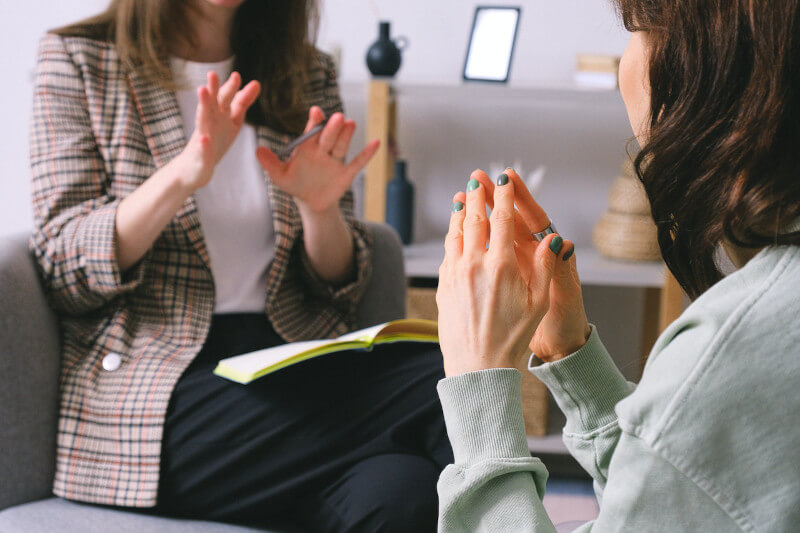
Cognitive behavioral therapy is widely recognized as one of the most successful treatments for anxiety (CBT). The objective is to assist a person in comprehending how their thoughts influence their feelings and actions and then assisting that person in exchanging those responses with alternatives that are constructive or positive. Both generalized anxiety and anxiety about a specific issue, such as work or a case of trauma, can benefit from cognitive behavioral therapy (CBT).
Managing chronic anxiety can also be helped by taking medication in some cases. A patient can be given a prescription for medication from any one of the following categories:
- Benzodiazepines, which are a type of antianxiety medication and include Xanax and Valium
- Selective serotonin reuptake inhibitors (SSRIs), which are a type of antidepressant
- Sleeping medications, in the event, that anxiety prevents a person from sleeping
- Patients need to follow their doctor’s instructions when using these medications because they can cause severe and even potentially fatal side effects.
- Naturopathic treatments for anxiety can be used in place of or in addition to conventional treatments.
The Final Perspective
Anxiety that is not treated can get worse and add more pressure to an individual’s life. However, anxiety can be effectively managed with a combination of talk therapy, alternative treatments, adjustments to one’s lifestyle, and medication. A person may have to experiment with several different treatments and medicines before they find the one that works for them. A person’s physician is the best person to consult when trying to decide which course of action to take.

When someone is diagnosed with tuberculosis (TB), they face a number of challenges, including social…
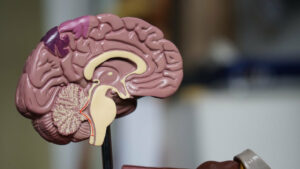
Do you feel like you have a problem with your emotional health? Are you curious…

This is the ultimate solution for impeccable audio content with our Powerful Relaxing…

Is a major mental disease affecting your life or the life of someone you know?…

